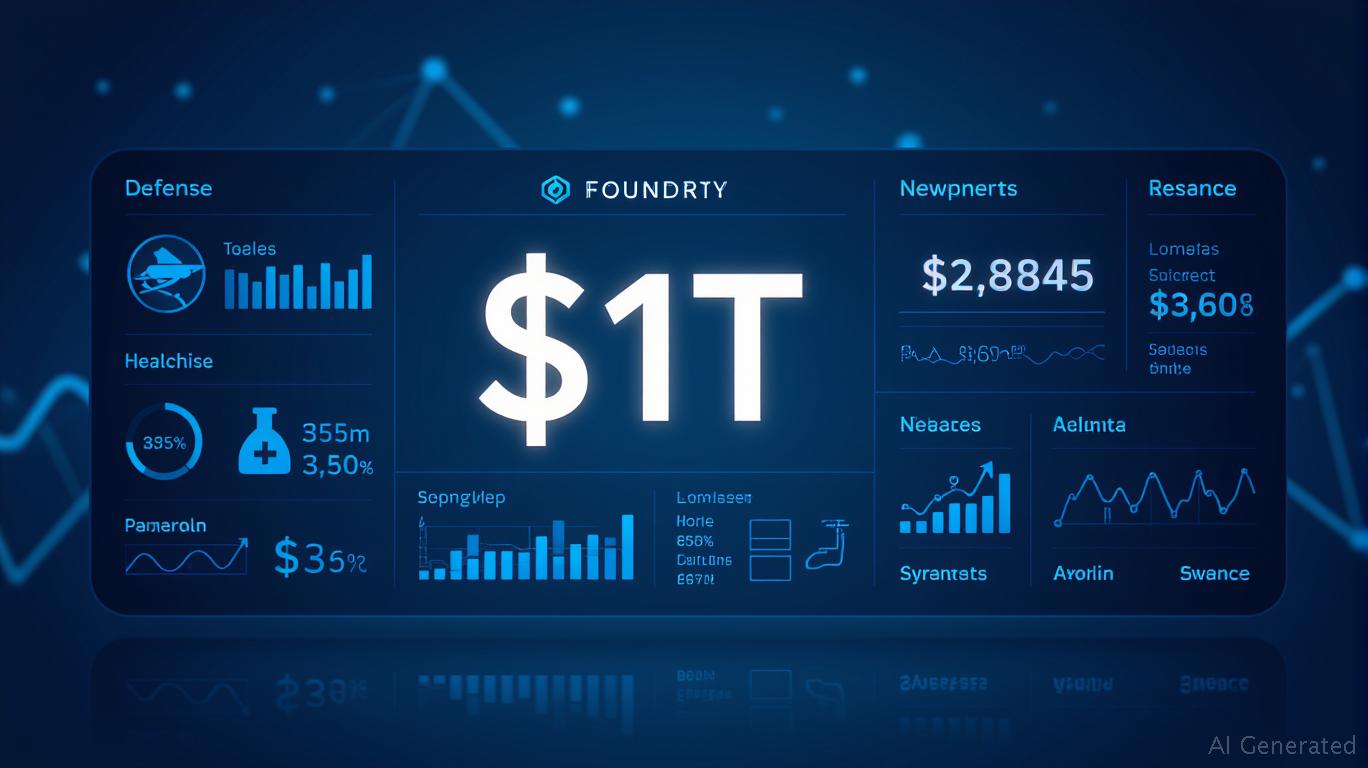Coin WorldSaturday, Jul 5, 2025 11:11 pm ET
![]() 2min read
2min read
The European Union's AI Act, intended to protect citizens and set global standards for trustworthy AI, is encountering substantial criticism due to its hurried implementation. The European Commission has rejected industry requests to delay the AI Act, adhering to a strict legal timeline. This means that general-purpose AI (GPAI) models must comply by August 2025, and high-risk system rules will take effect in 2026, with no grace period or exceptions. This decision has sparked warnings from global tech giants and European innovators, who argue that the rushed implementation could stifle innovation and increase compliance burdens, making Europe less attractive for AI development.
Commission spokesperson Thomas Regnier acknowledged the industry's feedback but maintained the timeline, stating, “Let me be as clear as possible, there is no stop the clock.” This firm stance, while principled, could be strategically detrimental in the fast-paced tech environment. The AI Act aims to create a robust legal framework for AI as it becomes increasingly integrated into various aspects of life. However, the rushed implementation leaves many European companies, including large enterprises, uncertain about their compliance obligations. This uncertainty could lead smaller firms to pause development, scale down AI ambitions, or relocate to more flexible jurisdictions.
In contrast, the United States has adopted a voluntary compliance model focused on sectoral risk assessments and industry-led best practices, allowing American firms to innovate more freely. China, on the other hand, has integrated AI into its state control mechanisms, demonstrating a commitment to dominating the AI race on its terms, albeit with criticisms of limiting free expression. Europe finds itself at a crossroads, aiming to be the ethical leader in AI but risking becoming the hardest place to innovate. European leaders, including Swedish Prime Minister Ulf Kristersson, have expressed concerns about the confusing rules and urged a postponement of implementation. The tech industry lobby group has also warned that the AI Act's rollout could become a barrier to innovation.
To address these concerns, Europe needs a more calibrated approach. A phased rollout, a temporary grace period, or clearer guidance for smaller businesses could help. The Commission has committed to simplifying digital regulation, but the AI Act requires a more direct and focused response. Europe must balance its principles with pragmatism to remain competitive in the global AI race. Otherwise, the future of AI may be scripted and run from elsewhere.
European CEOs have called for a pause in the EU AI Act rollout, citing fears that delays favor US and Chinese tech giants. This development may shift AI innovation centers to the US and China, potentially affecting Europe's digital leadership. The European Commission leads the AI Act, influencing AI development across Europe. However, major delays and compliance costs threaten its potential effectiveness. European CEOs, seeing the influence of US firms in the process, have requested a slower rollout to protect European digital sovereignty.
European industry leaders fear the AI Act delays could give US and Chinese firms significant competitive advantage in AI, increasing their global market dominance. The need for compliance may shift European funds away from AI innovation, potentially impacting small and medium-sized enterprises within the region. Similar to the GDPR rollout, EU regulations can inadvertently boost less-regulated regions. This can lead to enhanced innovation elsewhere due to lighter compliance burdens. Without adjustments, EU's stringent requirements might cause AI firms to relocate, impacting the region's AI and digital future negatively.









 English (US) ·
English (US) ·